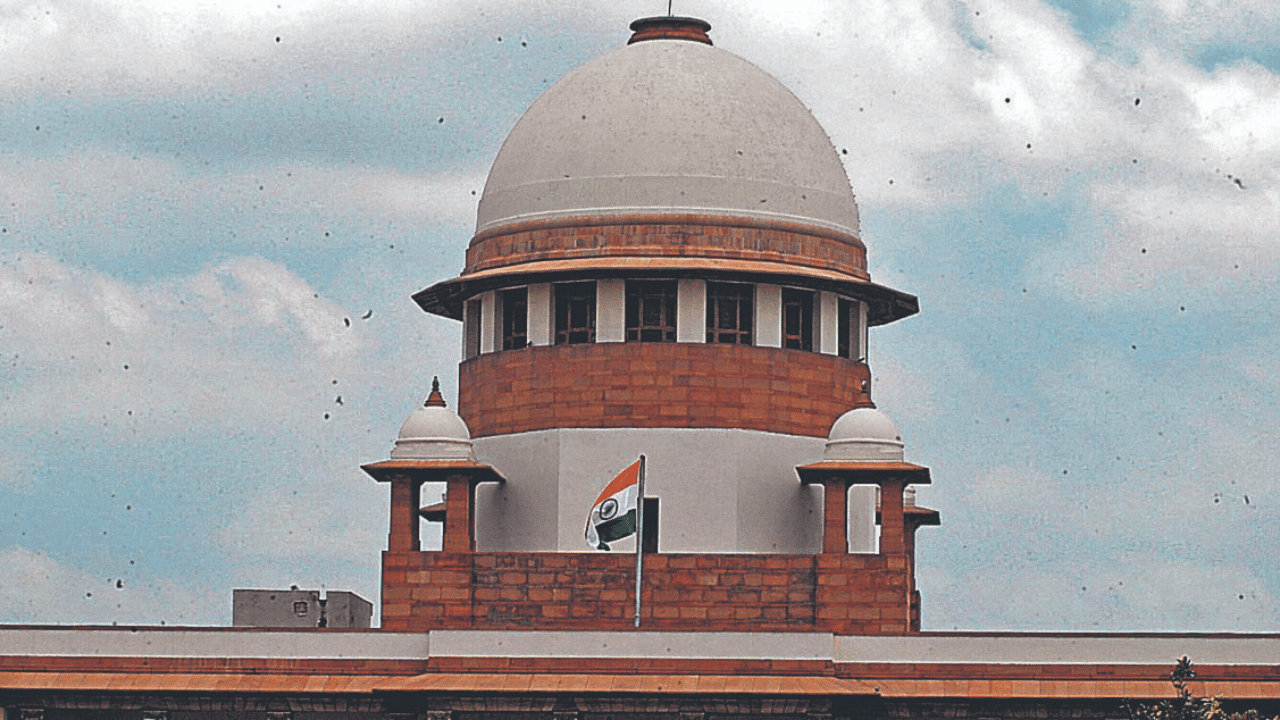
The Supreme Court has referred to a larger bench for deciding a legal question of whether a man who defaulted in payment of a cheque amount can be tried separately for offences of cheating under the Indian Penal Code and the special enactment of the Negotiable Instruments Act.
A bench of Justices S Abdul Nazeer and J K Maheshwari noted that there have been previously conflicting views if separate prosecutions can be initiated in the same set of facts and whether this would be barred as Section 300(1) of Criminal Procedure Code.
"Judicial decorum demands that if judgements passed by two judges’ bench of equal strength are conflicting, the issue of law involved must be referred to a larger bench as the same is desirable to avoid confusion and maintain consistency of law," the bench pointed out.
The top court was dealing with one appeal arising out of the Madras High Court judgement which had quashed a criminal case related to cheating and criminal conspiracy by calling it an abuse of the process as only an offence under Section 138 of the Negotiable Instruments Act was made out.
The court noted there were two different sets of opinions in the cases of G Sagar Suri (2000) and Kolla Veera Raghav Rao (2011), it was held that as per Section 300(1) CrPC, no one can be tried and convicted for the same offence or even for a different offence on the same facts.
However, in Sangeetaben Mahendrabhai Patel (2012) as followed in M/s V S Reddy and Sons (2015), the top court had taken a different view, the bench noted.
"In our view, the judgements cited are conflicting, however, to avoid any further confusion and to maintain consistency, we deem it appropriate to refer this issue for decision by the larger bench," the bench said.
The top court framed the legal question of whether on similar set of allegations of fact the accused can be tried for an offence under NI Act which is special enactment and also for offences under IPC unaffected by the prior conviction or acquittal and, the bar of Section 300(1) CrPC would attract for such trial.
It ordered for placing the matter before the Chief Justice of India for setting up a larger bench.
